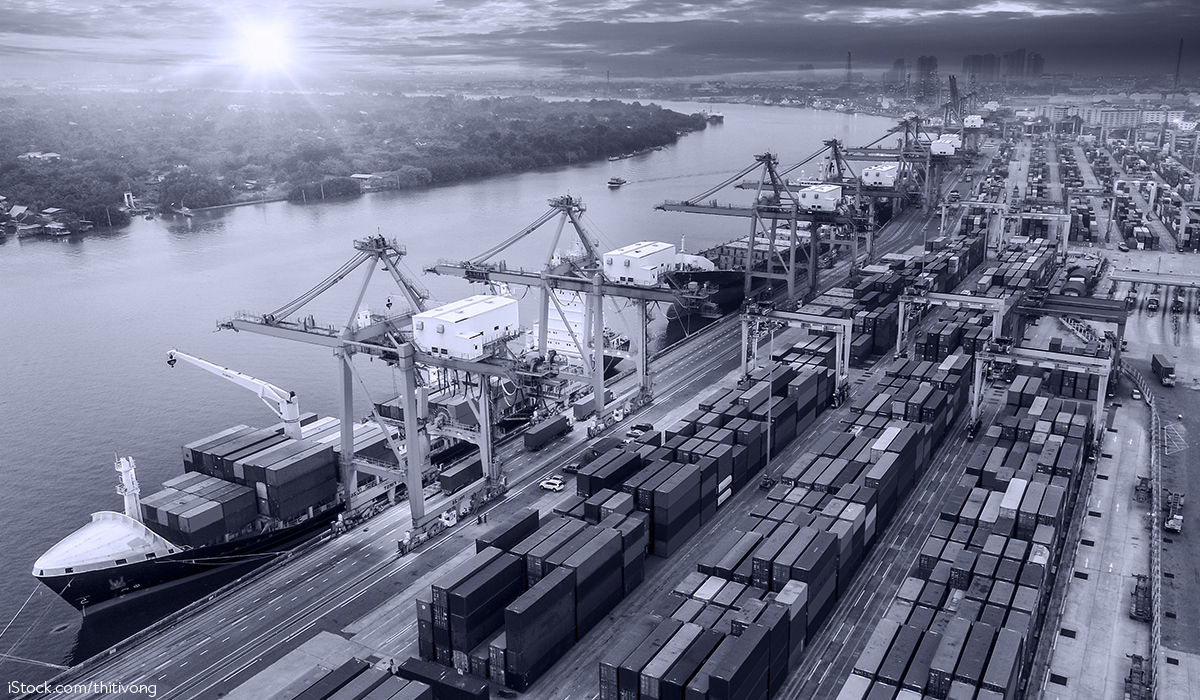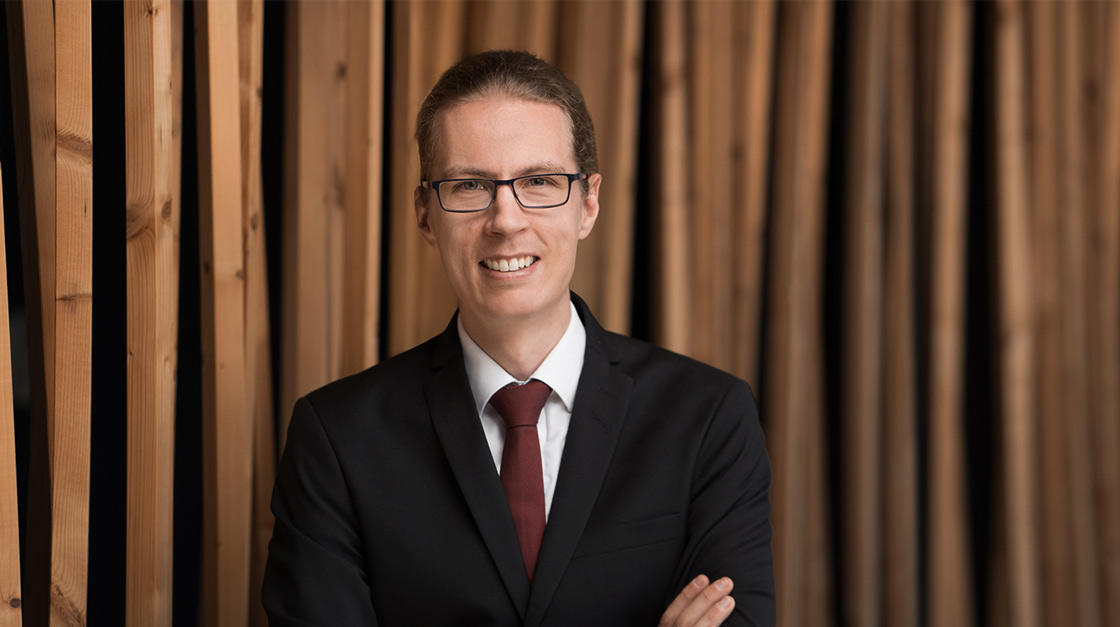Many member states can literally implement the EU Corporate Sustainability Due Diligence Directive (CSDDD) on a greenfield site, as they have not yet issued any national requirements in this area. The Federal Republic of Germany, on the other hand, is in a special situation due to the Supply Chain Due Diligence Act (LkSG), which has been in force since 01.01.2023. As the CSDDD – similar to the LkSG – standardizes comprehensive due diligence obligations in the supply chain, which also apply regardless of the product, the industry and the supply chain structure, the question arises for Germany as to whether and how the LkSG should be adapted to the CSDDD.
I. What are the differences to the LkSG?
Since the CSDDD basically has a similar regulatory structure to the LkSG, a fundamental restructuring of the LkSG is certainly not to be expected. The due diligence architecture, which is based on a risk analysis and – building on this – requires preventive and remedial measures in the event of risks and violations of the human rights and environmental concerns covered, will remain at the core of the regulation. The same applies to the accompanying complaints procedures, documentation and information obligations.
Within this framework, however, the CSDDD requires numerous adjustments that will lead to considerable shifts and changes. The following aspects are particularly relevant:
- Art. 2 CSDDD initially narrows the scope of application of the LkSG by introducing an additional turnover threshold of EUR 450 million annual net turnover (worldwide) in addition to the employee threshold. In contrast, the scope of application will be extended with regard to companies that are not based in the EU but reach the aforementioned turnover threshold within the EU. In addition, certain franchise and license constellations will also fall within the scope of application in future.
- In terms of timing, Art. 37 CSDDD provides for the following staggering: Application from 26.07.2027 for companies with more than 5,000 employees and a net turnover > EUR 1.5 billion, from 26.07.2028 for companies with more than 3,000 employees and a net turnover > EUR 900 million and from 26.07.2029 for companies with more than 1,000 employees and a net turnover > EUR 450 million.
- The following human rights and environmental aspects are added by the CSDDD: Biodiversity, protection of species (CITES), Rotterdam Convention on the import and export of chemicals, protection of the ozone layer (Vienna Convention and Montreal Protocol), natural heritage under the World Heritage Convention, wetlands under the Ramsar Convention, pollution from ships, pollution of the oceans under the Convention on the Law of the Sea, prohibition of arbitrary interference with private life, family, home and correspondence, prohibition of interference with freedom of thought, conscience and belief, and general children’s rights.
- Compared to the LkSG, the CSDDD does not contain any restrictions as to which parts of the upstream supply chains are to be included in the due diligence obligations. Accordingly, all indirect suppliers must also be considered in future. The differences in the used terms, according to which the supply chain in the CSDDD is referred to as an activity chain and indirect suppliers as indirect business partners, should however not have substantive impact.
- In addition to the duty to remedy already contained in Sec. 7 LkSG, which is formulated as a duty to fundamentally end a breach, the CSDDD also requires the introduction of a duty to reverse negative effects or at least financial compensation for damage incurred (Art. 12 CSDDD in conjunction with Art. 3 para. 1 lit.t) CSDDD).
- There will then be simplifications for a large number of the companies covered with regard to the reporting obligation. According to Art. 16 CSDDD, the CSRD report under Directive (EU) 2022/2464 with regard to sustainability reporting by companies will in future also apply to the fulfillment of the reporting obligation under the CSDDD. Only those companies that are not (yet) subject to the CSRD reporting obligation will therefore still have to prepare a separate report for the purposes of the CSDDD or the LkSG.
- The plan to minimize the consequences of climate change required under Art. 22 CSDDD does not constitute a due diligence obligation in the true sense of the word, even according to the structure of the CSDDD. Experience has shown that the required scientific basis will present numerous companies with major hurdles. Ultimately, the LkSG is unlikely to be the right place for transposition into national law.
- With regard to civil liability for breaches of due diligence obligations, the German legislator will be forced to make a 180-degree turnaround, as Art. 29 CSDDD obliges the Member States to introduce civil liability for breaches of the prevention and remediation obligations under Art. 10 et seq. CSDDD.
II. When and how is the LkSG likely to be amended?
As an EU directive, the CSDDD must be transposed into national law by 26.07.2026, meaning that the LkSG must be adapted by this date at the latest. However, the CSDDD provides for the following barriers to this:
- According to Art. 4 para. 1 CSDDD, Member States may not provide for deviating provisions with regard to the identification and assessment of adverse impacts (Art. 8 CSDDD), the prevention of potential adverse impacts (Art. 10 CSDDD) and the bringing to an end of actual adverse impacts (Art. 11 CSDDD). Consequently, Sec. 9 para. 3 LkSG, according to which measures are only required for indirect suppliers if there is substantiated knowledge of a possible violation, will have to be lifted in any case. In addition, the existing preventive and remedial measures will have to be extended to include at least financial participation obligations for implementation measures by SME business partners. In all other areas, however, the Member States are generally free to provide for more extensive regulations in national law (Art. 4 para. 2 CSDDD).
- Art. 1 para. 2 CSDDD is likely to be of particular relevance for Germany. According to this provision, EU Member States are prohibited from lowering the current level of due diligence obligations with reference to the CSDDD (so-called prohibition of regression or deterioration). In this context, the legal opinion “Möglichkeiten und Grenzen der Gestaltung des Anwendungsbereichs des Lieferkettensorgfaltspflichtengesetzes (LkSG) bei der Umsetzung der Corporate Sustainability Due Diligence Directive (CSDDD)” by Prof. Dr. Anne-Christin Mittwoch for Germanwatch and Oxfam rightly came to the following conclusion: “The objective of the CSDDD requires an interpretation of Art. 1 para. 2 CSDDD to the effect that the provision precludes both an increase in the existing employee thresholds of the LkSG and the introduction of turnover thresholds, insofar as the CSDDD serves as justification for this.” [translation from the original German version]
This means that the immediate “scaling back” of the LkSG to the scope of application of the CSDDD, as vehemently demanded by numerous German politicians and the German Federal Government in a joint strategy paper, is probably not legally permissible.
III. What is the relationship between the CSDDD and other due diligence obligations?
The relationship between the CSDDD and the following legal acts is regulated in Art. 1 para. 3 CSDDD in such a way that the more specific provisions take precedence in the event of contradictions. In practice, this will mean that all the different nuances of the respective legal acts will have to be taken into account during implementation. The following legal acts are particularly relevant here:
- Regulation (EU) 2023/1115 of the European Parliament and of the Council of 31 May 2023 on the making available on the Union market and the export from the Union of certain commodities and products associated with deforestation and forest degradation and repealing Regulation (EU) No 995/2010 (EUDR)
- Regulation (EU) 2017/821 of the European Parliament and of the Council of 17 May 2017 laying down supply chain due diligence obligations for Union importers of tin, tantalum and tungsten, their ores, and gold originating from conflict-affected and high-risk areas (CMR-Regulation)
- Regulation (EU) 2023/1542 of the European Parliament and of the Council of 12 July 2023 concerning batteries and waste batteries, amending Directive 2008/98/EC and Regulation (EU) 2019/1020 and repealing Directive 2006/66/EC (EU Battery Regulation)
- Regulation of the European Parliament and of the Council on prohibiting products made with forced labour on the Union market [final decision in the Council and publication expected soon]
Conclusion
Due to the numerous extensions and few restrictions in the relationship between the CSDD and the LkSG, it will be necessary to amend the LkSG. There is currently already a government draft for the implementation of the CSRD in Germany, which provides in Art. 3 for the LkSG reporting obligation to be linked to that of the CSRD. Further amendments have been announced for this legislative period.
Do you have any questions about this news, or would you like to discuss it with the author? Please contact: Michael Öttinger






